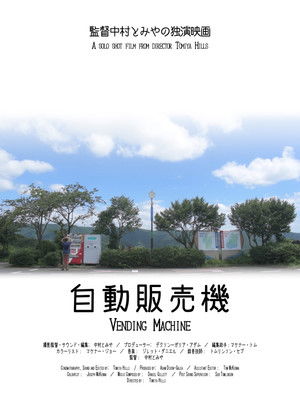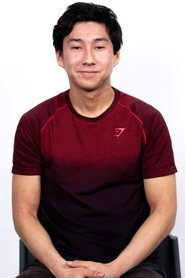Movie: Vending Machine
Similar Movies
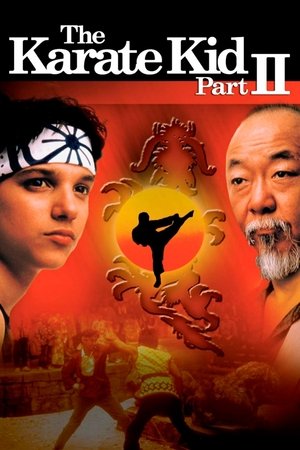 6.3
6.3The Karate Kid Part II(en)
Summoned by his dying father, Miyagi returns to his homeland of Okinawa, with Daniel, after a 40-year exile. There he must confront Yukie, the love of his youth, and Sato, his former best friend turned vengeful rival. Sato is bent on a fight to the death, even if it means the destruction of their village. Daniel finds his own love in Yukia's niece, Kumiko, and his own enemy in Sato's nephew, the vicious Chozen. Now, far away from the tournaments, cheering crowds and safety of home, Daniel will face his greatest challenge ever when the cost of honor is life itself.
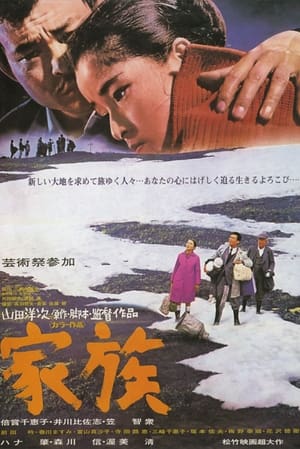 7.6
7.6Where Spring Comes Late(ja)
The story is set in 1970 during the time of the first EXPO in Japan. The film’s main figure is a miner who suddenly becomes unemployed because the mine he worked in was shut down. He decides to resettle with his whole family to Hokkaido in northern Japan and start a new life as a farmer.
Reya's World(en)
Reya’s World delves into the raw and poignant struggle of a young woman navigating the depths of depression. Feeling trapped in a seemingly endless cycle of isolation, Reya finds solace and gradual healing through small moments of self-connection and genuine friendships, gradually lifting the heavy burden that envelops her.
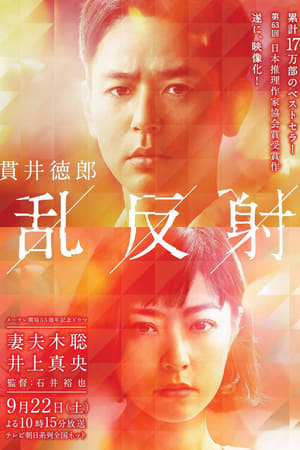 0.0
0.0When a Tree Falls(ja)
A young couple is devastated when their son is killed by a falling tree during a windstorm. As the distraught father begins to look for answers into his son’s death, what appears to be a tragic accident turns out to have been the result of multiple blunders by multiple people.
 8.3
8.3A Brighter Summer Day(zh)
A boy experiences first love, friendships and injustices growing up in 1960s Taiwan.
 0.0
0.0Shinpei(ja)
An older brother who can't fit into society, a father who has given up on his future, and a younger sister who is tied to the house. This is the story of the small steps these three people take. The Great East Japan Earthquake suddenly changed the peaceful daily life of the people of Fukushima. Many people lost their homes and jobs due to not only the earthquake and tsunami, but also the nuclear accident, and left Fukushima. This is the story of a family living in the aftermath three years later, in Fukushima, where deep scars remain.
 0.0
0.0SORA(ja)
Sora and Umi (both played by Lee Tae-kyung) who were born to a Japanese father and a Korean mother and raised in South Korea. Sora now lives in Shanghai and works as an illustrator. When she meets a Japanese guy named Mochizuki, they become close. This is when her sibling Umi visits. Umi was born inter-sex and had undergone gender reassignment surgery to become a woman. Umi encourages Sora and Mochizuki to fall in love, but Sora becomes mentally unstable.
 1.0
1.0Three Mirrors Creature's Flashes of Flesh(it)
In the aftermath of an emotional shock, a ruthless high-class manager faces her own abyss, becomes pervaded by a sensory spirit and undertakes a purifying voyage.
 0.0
0.0Meio Éden(pt)
One morning in the early 90s, florist Ádina performs domestic tasks after apparent disagreements with her husband, Ivo.
 0.0
0.0Death of Logic(en)
On a voyage into the dark, we follow a man portraying an intens dialogue with the subconscious. A vignette into the process of looking inward, evaporates the ego and listens to what wants to be heard, on the road to letting go. A requiem for the death of the self.
 10.0
10.0Pattern(en)
Five months after the maternal death of his partner, a man is at a crossroads with how to raise their baby.
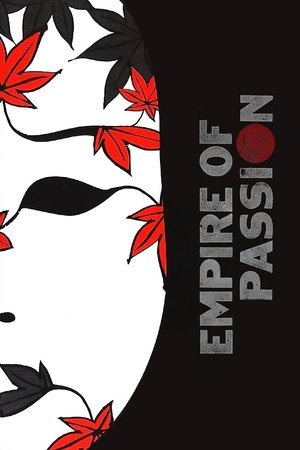 7.0
7.0Empire of Passion(ja)
In a small Japanese village at the end of the 19th century, a rickshaw driver's wife takes on a much younger lover and the two conspire to murder him.
End of History(en)
A man obsessed with motivational and right wing culture war videos goes on a hollow road trip of discovery.
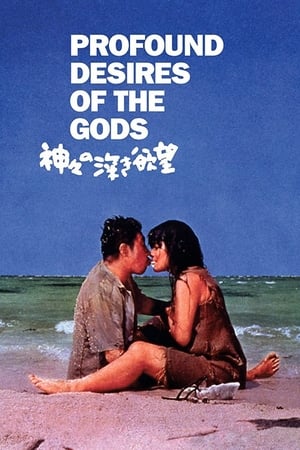 7.5
7.5Profound Desires of the Gods(ja)
Tokyo engineer Kariya arrives on a primitive tropical island, where he interacts with the Futori clan, to drill a well to power a sugar mill.
 6.3
6.3Odd Obsession(ja)
A middle-aged husband of a younger woman finds her youth intimidating to the point that he cannot become aroused. His solution involves the introduction of his daughter's lover to his wife.
 0.0
0.0Have You Seen Me(en)
When Benny's younger brother, Loren, suddenly reappears after being missing for months, the two are forced to reckon with the drastically different ways they have chosen to live their lives.
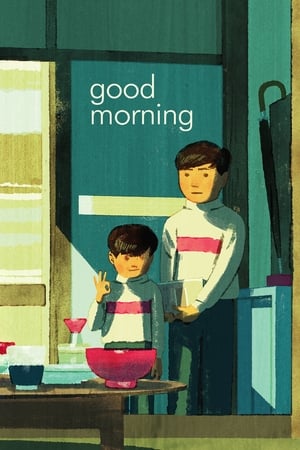 7.7
7.7Good Morning(ja)
A lighthearted take on director Yasujiro Ozu’s perennial theme of the challenges of intergenerational relationships, Good Morning tells the story of two young boys who stop speaking in protest after their parents refuse to buy a television set. Ozu weaves a wealth of subtle gags through a family portrait as rich as those of his dramatic films, mocking the foibles of the adult world through the eyes of his child protagonists. Shot in stunning color and set in a suburb of Tokyo where housewives gossip about the neighbors’ new washing machine and unemployed husbands look for work as door-to-door salesmen, this charming comedy refashions Ozu’s own silent classic I Was Born, But . . . to gently satirize consumerism in postwar Japan.
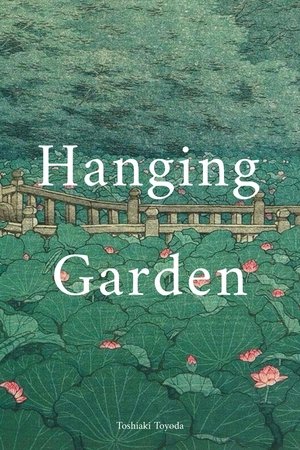 7.3
7.3Hanging Garden(ja)
On the surface, the Kyobashis appear to be a happy family. Despite a family agreement that they are all open with each other, the entire household knows the opposite is true.
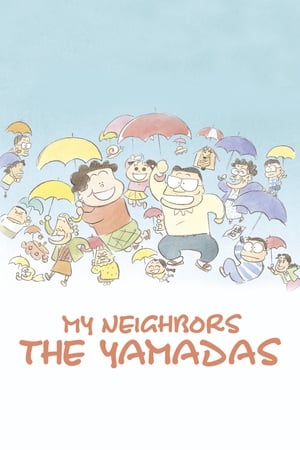 7.0
7.0My Neighbors the Yamadas(ja)
The Yamadas are a typical middle class Japanese family in urban Tokyo and this film shows us a variety of episodes of their lives. With tales that range from the humorous to the heartbreaking, we see this family cope with life's little conflicts, problems, and joys in their own way.

